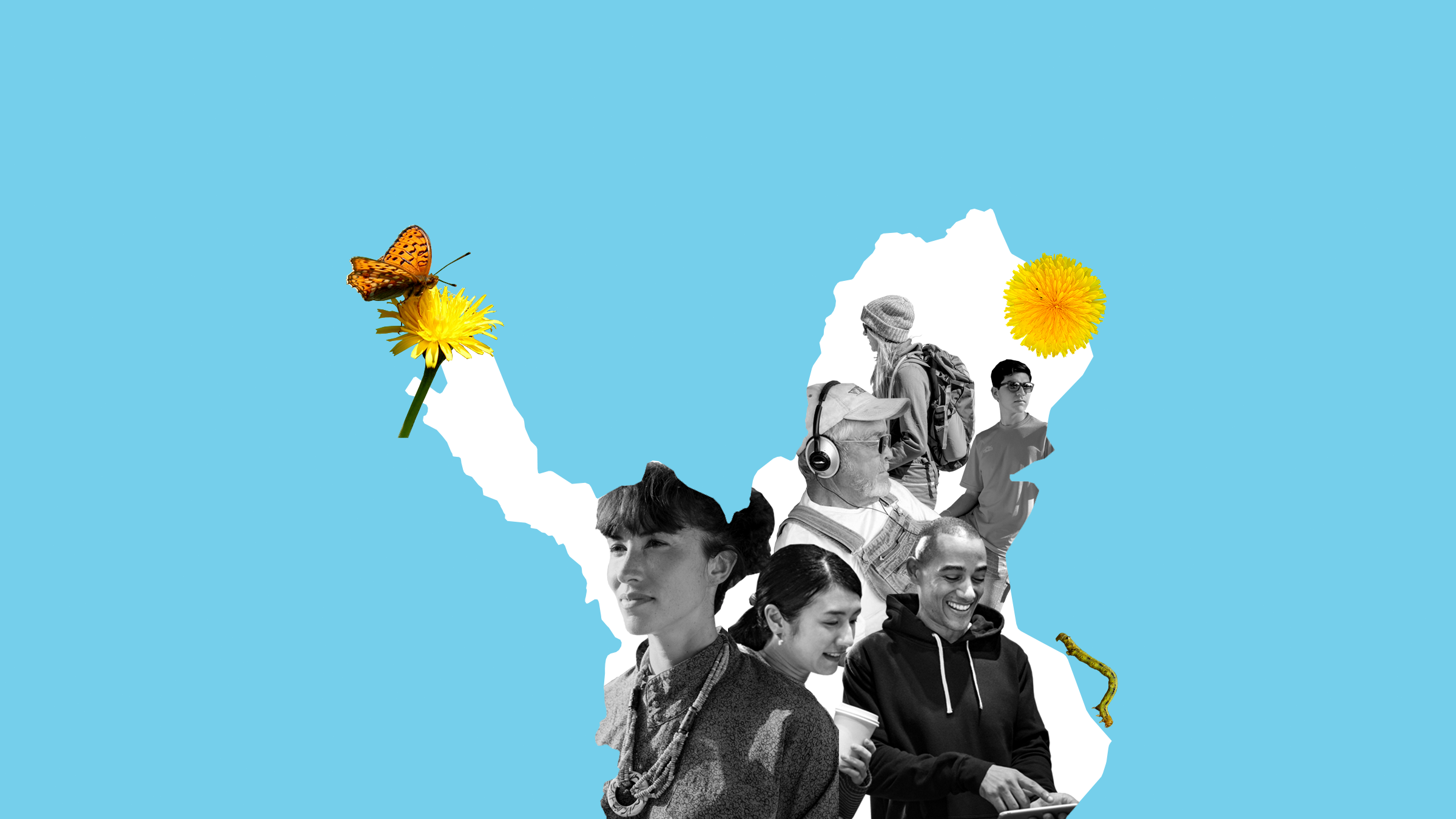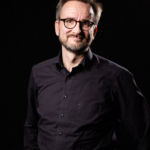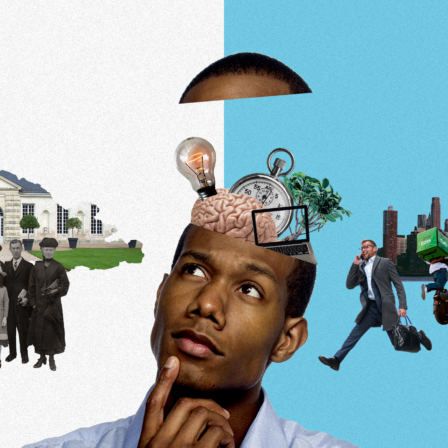Biodiversity is diminishing globally at an accelerating rate, and the situation is grave. Nature is disappearing in Finland, too. We must now reverse this trend, because people’s well-being and also the economy are wholly reliant on nature.
Values, attitudes and mindsets play a major role in stopping biodiversity loss. The better we understand the different relationships people have with nature, the better the chances are that Finland find widely accepted solutions to biodiversity loss.
Nature is important to almost all Finns
A survey commissioned by Sitra shows that there is even a surprisingly strong consensus among Finns on the significance of nature. Although nature is important to many people, nature-related attitudes, thoughts, feelings and actions towards nature vary. There are many different ways of relating to nature.
“There is no single true Finnish relationship with nature. In order to stop biodiversity loss, it is essential that everyone can find suitable ways to be involved in nature-enhancing activities that suit their own starting points,” emphasises Lasse Miettinen, Sitra’s Leading Specialist on climate and nature solutions.
According to a survey conducted by Kantar TNS, 87 per cent of Finns consider nature very or fairly important in their lives. Only 12 per cent of respondents said that they do not attach much or any importance to nature. About two per cent were don’t knows.
Finns feel that nature is for the most part important to them, regardless of their background. For instance, the importance attached to nature does not significantly depend on how well people feel they are getting by financially. Differences between urban and rural areas are also small. However, the importance of nature was more pronounced among those aged over 65, women and the highly educated.
Nature helps one to recover from the stresses of everyday life
The survey results suggest that Finns feel that nature mainly provides them with intangible well-being: 65 per cent of respondents said that nature provides them with peace of mind, 62 per cent with recreation and energy, and 56 per cent said that nature helps them to recuperate and relax.
Traditional gifts of nature, such as berries, mushrooms, game and fish, are important to 56 per cent of the respondents. Seven per cent of the respondents reported that nature provides them with work and a livelihood.
Finns consider it particularly important to be able to move in the nature within residential areas and to observe nature in their everyday lives. Eighty-four per cent of respondents considered these very important or important.
But the relationship with nature amounts to far more than encountering the Finnish local natural environment. When Finns were asked to share their most important nature-related activities, encountering nature through impressive nature photographs (74 per cent of respondents) and learning interesting facts about nature from reference books or nature documentaries (73 per cent of respondents) came out on top. Experiencing nature in different countries when travelling is almost as important (69 per cent of respondents).
As many as 79 per cent of respondents said that they are somewhat concerned about the state of nature in the world. Slightly fewer respondents, 58 per cent, were concerned about the state of nature in Finland.
Sixty-two per cent of Finns reported that they would be prepared to change their consumption habits and lifestyle to stop biodiversity loss, while 12 per cent said they would be unwilling to make any changes.
Changing relationships with nature
On Thursday 9 December, Sitra also published a memorandum on relationships with and views of nature titled Ihminen osana elonkirjoa – luontosuhteet, luontokäsitykset ja sivistys kestävyyskriisin aikakaudella. The memorandum explores how nature relations with and conceptions of nature contribute to solving the ecological sustainability crisis.
The memorandum includes articles by researchers and specialists on nature relatedness. A key finding is that the Western perception of the separation of nature and human beings is changing. People are increasingly seen as dependent on natural systems, and as a result our relationship with nature is in transition.
“Practical lifestyle changes or technological solutions alone are not enough to solve the sustainability crisis. We now need major structural changes – but they will not happen, either, unless we are also prepared to examine our values and ideals. Could abandoning the idea that humans and nature are separate be one of the keys to solving the ecological sustainability crisis?” asks Vesa-Matti Lahti, Leading Specialist, Bildung+, Sitra.
How the survey was conducted:
- The survey was conducted using the Kantar TNS online panel between 30 August and 10 September 2021.
- The target group comprised Finnish adults (ages 18–75) and there were 2,245 respondents.
- The confidence interval of the results was +- 2.1 percentage points with regard to the overall result (level of performance 50%).
Further reading:
Survey: Suomalaisten luontosuhteet -kysely (in Finnish)
Memorandum: Ihminen osana elonkirjoa – luontosuhteet, luontokäsitykset ja sivistys kestävyyskriisin aikakaudella



















Recommended
Have some more.